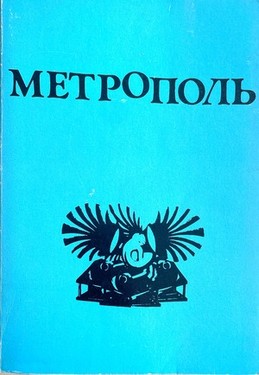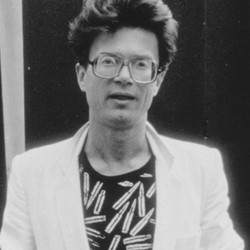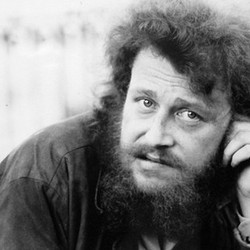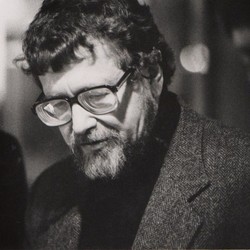Among the poets represented in the first volume of this anthology are Rivin, Krasovitsky, Yesenin-Vol’pin, Uflyand, Roal’d Mandel’shtam, Kropivnitsky, Sagpir, Gorbovsky, Aygi… Some of these names are now known in the West through the émigré journals and through Ardis publishers. Some (few) poets have had some poems officially published in the Soviet Union. Ninety per cent of the material, however, was collected unofficially by Kuzminsky in the Soviet Union, and its publication here represents the discovery of a lost literary generation. (The first two volumes will cover Moscow and Leningrad in the 1950s and 1960s.)
Selections from individual poets and from poetic groupings are threaded together by photographs, and by introductions and short commentaries by Kuzminsky and his collaborators Eduard Limonov and Lev Lifshits. These pieces combine personal anecdote, factual information and strong opinion. It is the strong opinion which gives the anthology its individual personality and moral weight. Kuzminsky does not mince words about what he considers the almost total failure of the émigré press in the field of poetry; about the ‘literary corpses’ of the Metropol’ almanac, those ‘laureaty premiy komsomola i prochikh’ who belatedly ‘khotyat v nepriznannyye’; above all about recanting rebels now members of the Union of Writers. He supplies information on early samizdat collections (even before the war Nikolay Glazkov published a little book of his SamSebyaIzdat); and on the rediscovery of the early twentieth-century avant-garde and the reestablishment of tradition that brought back Gumilyov, the Oberiutists, above all Khlebnikov as mentors. He writes with great affection of his ‘co-editor’, ‘blind Grisha’ Kovalev.
The complete anthology intends to be no less than an anti-history, or rather the real history of Russian poetry over the last forty years. As such it is important to Western readers, whose understanding of the period remains distorted and partial. The value of this extraordinary undertaking for the Russian reader is difficult to exaggerate.
London
Julian Graffy






